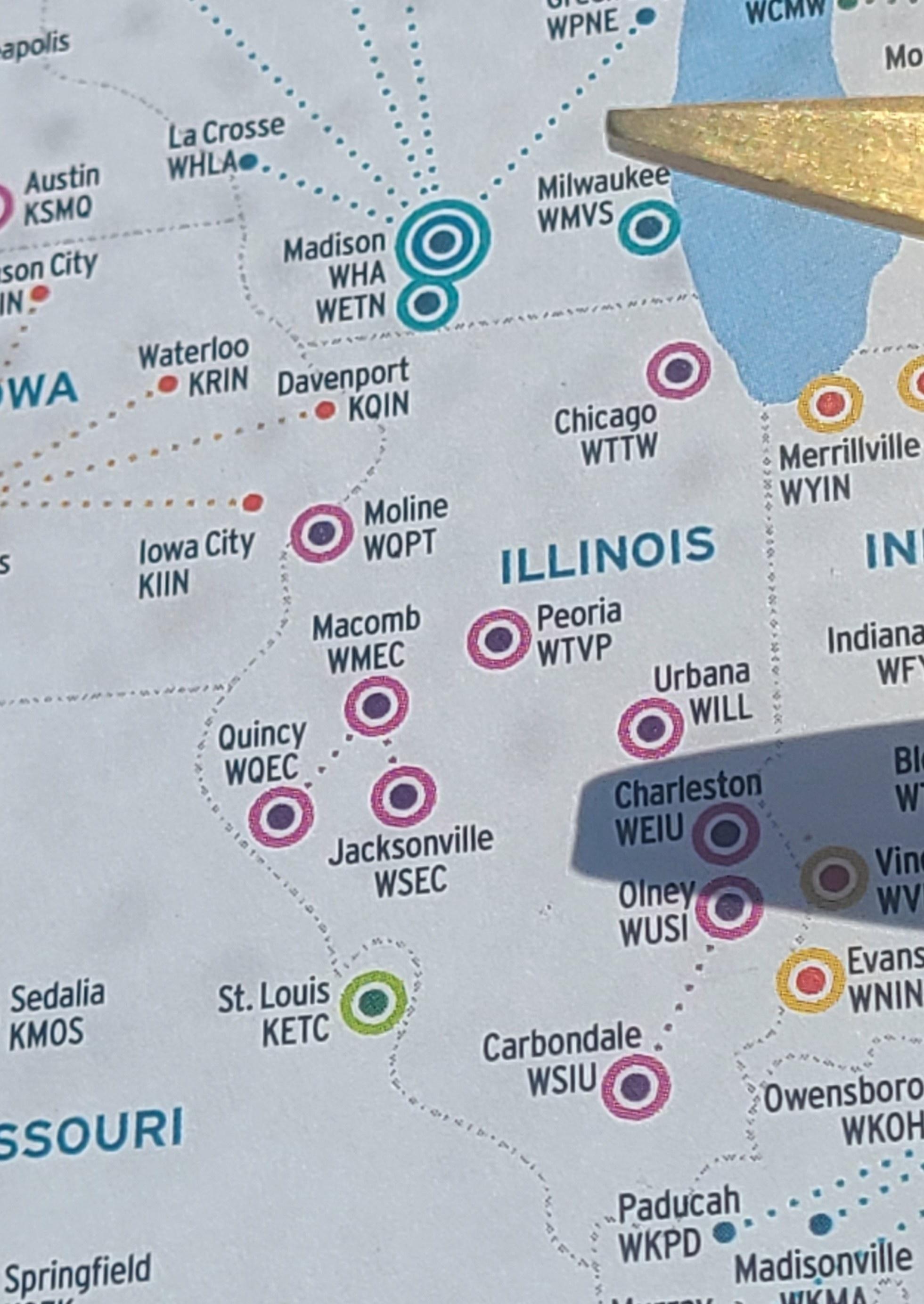It did not take long for the bad news to start. By now, it has snowballed.
In the few weeks since the United States Senate voted to defund public media, we’ve seen scores of employees of local public media stations lose their jobs. We’ve watched in disbelief the dismantling of the Corporation for Public Broadcasting, which for decades distributed federal funds to local broadcasters and national content distributors like the Public Broadcasting Service and National Public Radio.
Now the snowball is rolling toward a group of stations that have often had tenuous relationships with the bodies that control the bulk of their non-CPB income: Universities and state legislatures that own licenses of public media outlets.
All told, lawmakers in 19 states and U.S. territories hold operating licenses and budgetary sway over public media budgets. Another 49 universities run public media stations. Legislators in Alaska and Pennsylvania had already cut public media budgets before Donald Trump was re-elected as president. Lawmakers in other states, especially those dominated by conservative politicians, are pushing for more cutbacks.
This week, Eastern Illinois University announced that its station, WEIU, was leaving the PBS fold because, with the demise of CPB, the broadcaster will lose $790,000 in annual funding. The station’s latest budget includes some $165,000 from the community, but federal funds covered 80% of its operating costs.
Clearly, the university did not want $800,000 added to its expense sheet. As many states face budgetary challenges, funding for public media might become an easier target for more short-sighted lawmakers.
The developments are no surprise. They underscore the urgent need for new, sustainable sources of funding for public media, which, by the way, employs at least 19,000 professionals around the country and is home to documentaries and serious programming that’s unattractive to commercial advertisers, yet offers information that’s necessary for a healthy democracy. And, for the $1.66 billed to each U.S. taxpayer (these days, not even enough to fetch a half-cup’s worth of bad coffee), families were receiving thoughtful, entertaining shows for kids.
The change washing over the public media landscape has exposed a harsh reality that has needed attention anyway: Politicians and fickle university presidents with control over the purse strings of journalists and independent public affairs producers make for unhealthy relationships.
Over the years, there have been too many occasions where diligent reporters at state-controlled stations have run into trouble – threats of firings or budget cutbacks – for exposing disturbing political activity or controversial decisions by university executives. (For example, read our coverage of recent, unsavory incidents in West Virginia and Arizona.)
Given budget difficulties for many small and rural public media stations, journalists and otherwise ethical station managers have faced difficult decisions when politicians and university higher-ups ordered the dismissal of a reporter or programming that might favor one candidate for elected office over another
Amid all this bad news, is there hope for local stations?
I am glad that several major foundations just announced $37 million in new support for local public media, with another $13 million coming before the end of the year. And, since the start of 2025 and Trump’s promise to break the back of public media, many stations have reported record donations from individual local supporters.
I am also optimistic that mergers will generate operational savings and robust news and public affairs. Such marriages are not easy, but they’ve been good for audiences in Chicago and Dallas. A promising new example is the just-launched Abridged,a nonprofit news collaboration between Northern California PBS station KVIE and former reporters and editors at The Sacramento Bee newspaper.
Audiences tell us that public media needs more outside-the-box thinking and new revenue ideas. And there’s nothing like losing hundreds of millions of dollars to make us listen and open to all ideas. (I’m pushing the idea of local public media recast as a public utility, funded by a check-off on monthly Internet service bills. Meanwhile, though, I’m blocking the Mid-Atlantic rains with my trusty PBS umbrella and I’m working at my computer wearing my favorite Marfa Public Radio T-shirt.)
What’s your idea? I’m all eyes and ears.



